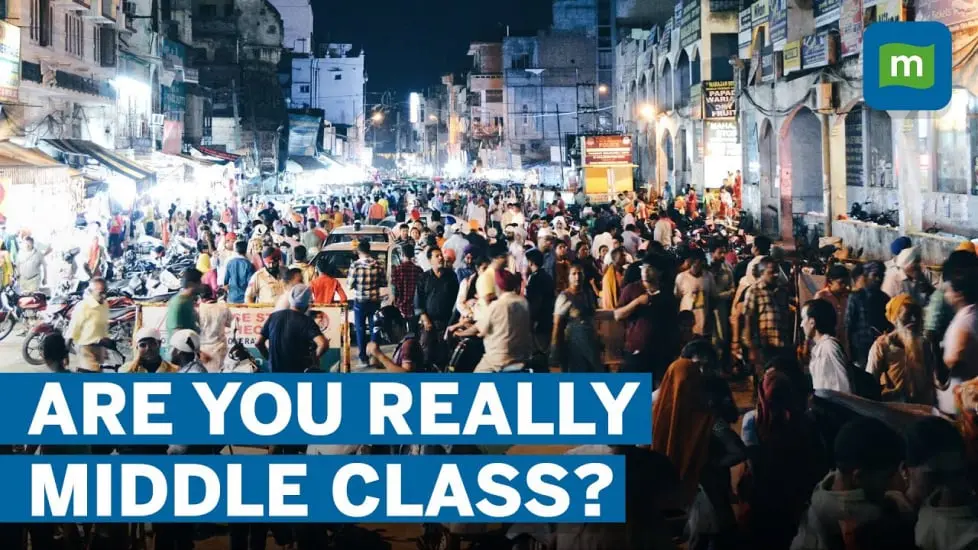The Reality Behind Economic Growth and Taxation: A Critical Perspective
- As someone who is not an accountant or economist, I feel compelled to share my thoughts on the way certain economic policies, particularly the ₹12 lakh income tax exemption, are being portrayed. The hype around this exemption often overlooks the fact that for 90% of the population, it is irrelevant. This is akin to the way GDP growth is used to showcase national progress, while the majority of citizens struggle to make ends meet. Though the GDP numbers may look impressive, they fail to capture the reality faced by most of the population, where 90% of people earn less than ₹25,000 per month, and half of them are dependent on handouts of 5 kg of food grains.
Income Tax and the Illusion of Relief
The ₹12 lakh income tax exemption is presented as a major benefit. However, only about 3-4% of the population earn enough to benefit from it. The vast majority, in fact, earn less than ₹3 lakh annually, and thus are not affected by this exemption. Yet, even those who make far less are still contributing to the economy through other forms of taxation, such as GST, tolls, and registration fees.
Every person, regardless of income, is paying taxes in some form. Whether it’s buying groceries, using public transport, or paying for school fees, each expenditure carries hidden taxes. Even basic services like medical and car insurance are becoming more expensive each year, further burdening the already struggling common man. These rising costs are a stark contrast to the stagnant incomes that most people are dealing with, highlighting a deep disconnect between policy reforms and the actual needs of the people.
The Burden of Rising Costs and Inflation
It’s impossible to ignore the increasing costs of essential goods and services. Medical insurance premiums have gone up, car insurance rates are no longer affordable, and school fees continue to rise every year. These price hikes add stress to families who are already grappling with insufficient incomes. It’s not just these specific costs—the general inflation that is affecting everything from petrol prices to groceries is impacting the common man in profound ways.
Meanwhile, wages are not rising at a similar rate. The reality is that most people’s incomes are growing by less than 10% annually, which is nowhere near enough to keep up with inflation. This means that the average person’s purchasing power continues to shrink, despite the positive economic indicators often cited by the government.
GDP Growth: A Measure That Ignores the Poor
GDP growth is frequently highlighted as proof of the country's economic success. However, this figure only reflects the growth of the wealthiest sectors, often benefiting the top 5% of earners. For the remaining 90%, who are struggling with low wages and rising costs, GDP growth doesn’t translate into real benefits. The increase in GDP does not necessarily result in better living conditions for the majority of the population, especially when it is concentrated in the hands of a few.
This reliance on GDP figures to represent national progress seems out of touch with the actual challenges faced by the common man. The real story is that the majority of people are barely able to survive, while a small section of society reaps the benefits of economic growth.
Welfare or Real Support?
The government’s provision of 5 kg of food grains to the poor is often presented as a key support measure. While it’s crucial that this aid exists, the question remains: Is this enough? The reality is that half the population is still dependent on these handouts for survival, while the rest continue to struggle with the basic costs of living. More needs to be done to uplift the living standards of the majority, rather than relying on temporary measures that do little to address the underlying issues of poverty and inequality.
A Call for Genuine Reforms
In conclusion, the current economic narrative—focusing on things like income tax exemptions and GDP growth—ignores the harsh realities faced by most of the population. It’s crucial that we shift our focus to real issues: addressing inflation, creating jobs, and improving the day-to-day lives of ordinary citizens. Simply celebrating GDP growth or offering income tax exemptions to a small percentage of people does not bring true prosperity to a nation. Until we prioritize the well-being of the majority, the economic policies will continue to be disconnected from the actual needs of the people.
- 02/02/2025

